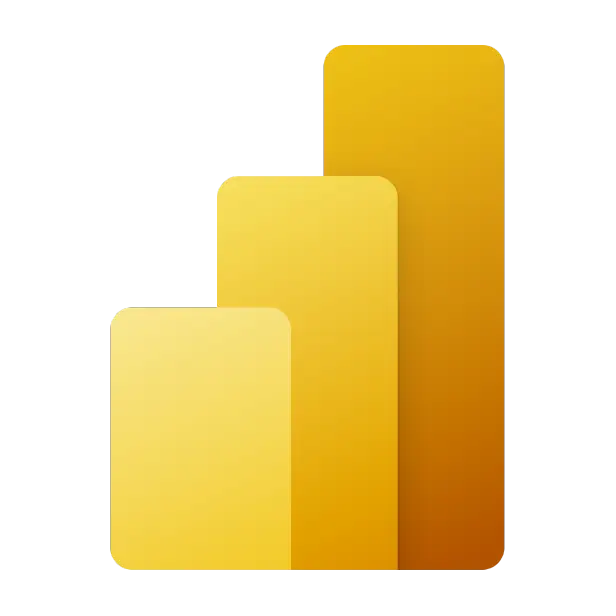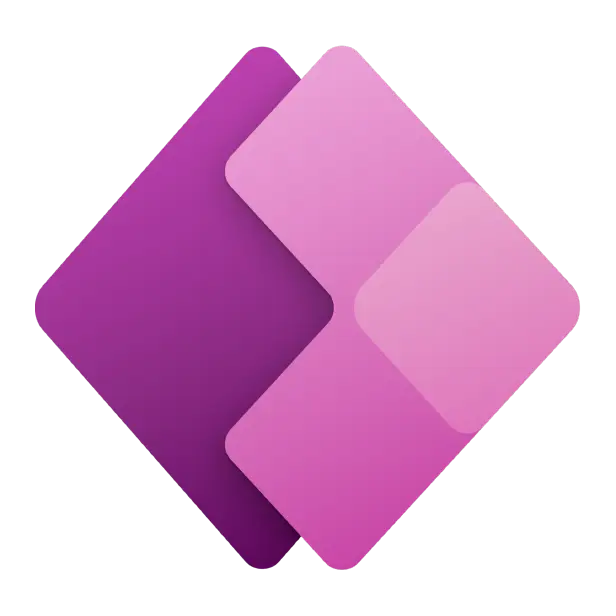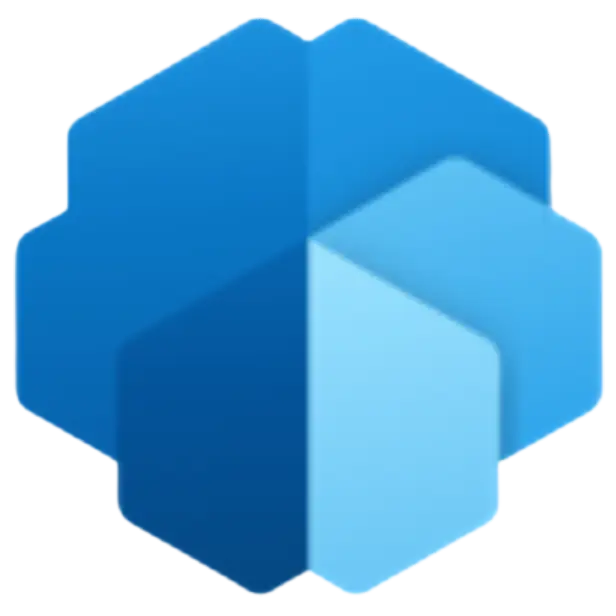What is Power Platform?
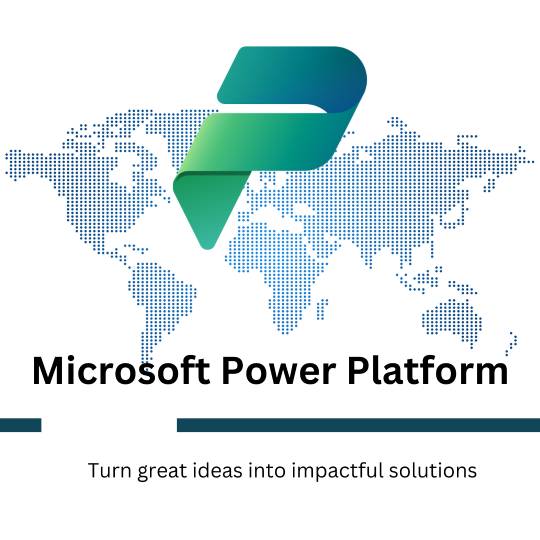
Microsoft Power Platform is a revolutionary platform that enables businesses to go beyond their current limits and achieve the best possible results. It provides powerful tools to empower team members to build solutions quickly, connect to data, and build dashboards that allow for innovation with collaborative apps. It offers low-code development tools that make it easier than ever for users of all technical abilities to build applications with ease. Microsoft Power Platform also provides many features such as AI Builder, data management, analytics capabilities, and more that can help businesses increase their productivity while making sure they receive the most reliable results.
Why Power Platform?
The Microsoft Power Platform simplifies business processes, integrates with other Microsoft tools, and enables data-driven decision-making. With its no-code approach and scalability, it empowers users to automate workflows, analyze data, and drive innovation.
1. App Development
Create custom business applications and solutions without extensive coding knowledge using Power Apps. Build intuitive and user-friendly apps tailored to your organization’s needs.
2. Data Analysis and Visualization
Utilize Power BI to gather, analyze, and visualize data from various sources. Gain valuable insights and make data-driven decisions to drive business growth and efficiency.
3. Workflow Automation
Streamline and automate business processes with Power Automate. Easily create workflows to handle repetitive tasks, integrate systems, and improve productivity across the organization.
4. Data Integration and Connectivity
With Power Platform’s Common Data Service, connect and integrate data from multiple sources, such as Dynamics 365, Office 365, and third-party applications. Establish a unified data environment to enhance collaboration and facilitate seamless data sharing.
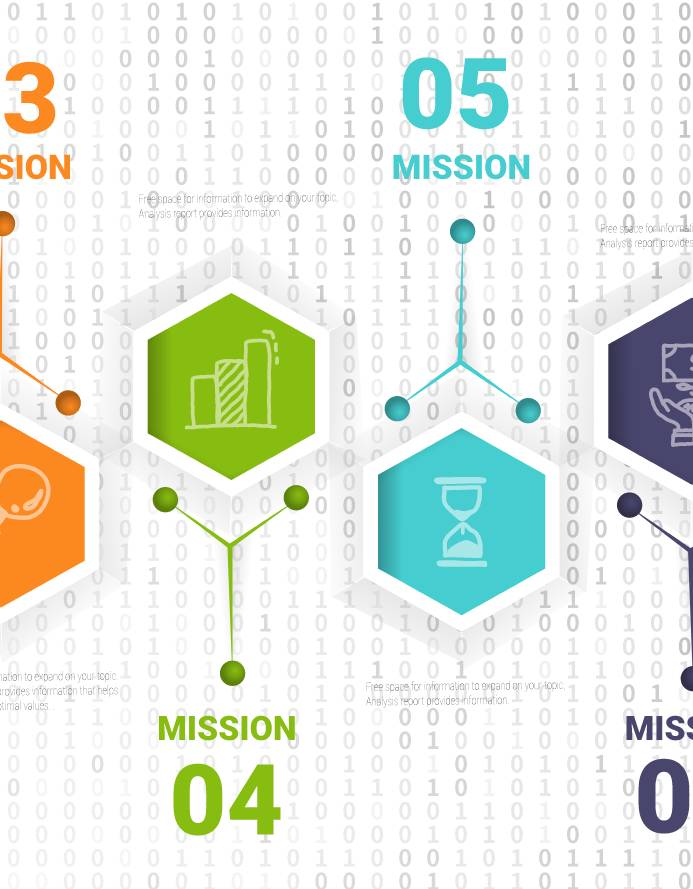
The Power Platform Tools
The low code platform spans Microsoft 365, Azure, Dynamics 365 and standalone applications.
Power BI
Business Analytics
Powe Apps
Application Development
Power Automate
Process Automation
Power Virtual Agents
Intelligent Virtual Agents
How to get started with Microsoft Power Platform?
Starting with Power Platform is easy. To get started, you’ll need a Microsoft 365 subscription, which gives you access to Power Platform services. Please note that Microsoft 365 Personal does not include Power Platform. Once you have subscribed, you can choose between self-learning or instructor-led training.
Instructor-led training gives you many benefits. Farhan Usman is a Microsoft Certified Learning Partner (MCLP) that provides the best experience in personalized, hands-on training and engaging and interactive sessions. With an experienced team of trainers and facilitators, Farhan Usman has been able to develop comprehensive training programs that focus on helping individuals and businesses achieve their goals.
Not only do he provides an opportunity to learn the latest developments in technology, but they also create networking opportunities for learners to connect with industry professionals. Their approach allows learners to gain the most out of their training sessions through an immersive environment that caters to their individual needs and interests.
Power Platform License?
The Licensing overview for Microsoft Power Platform – Power Platform website is a valuable hub for individuals seeking comprehensive information about licensing for Microsoft Power Platform. By delving into the nuances of pricing structures, billing models, and SKUs, the site equips users to make well-informed choices regarding the integration of Power Apps, Power Automate, and Power BI. Notably, it is essential to recognize that license options can vary based on geographical region and the unique requirements of organizations.
Whether users are searching for free learning environments, pay-as-you-go alternatives, or plans bundled with Microsoft 365 or Dynamics 365 licenses, this website serves as an inclusive guide, helping users navigate the intricacies associated with licensing Microsoft Power Platform effectively.
Microsoft Learning Partners offers a range of benefits to individuals and organizations alike. Read More
Looking for Power Platform training?
Contact us with your specific training needs or check out our scheduled training sessions for a comprehensive learning experience. Take advantage of our special offers, including group discounts for 5 or more participants and exclusive discounts for students.
Boost your skills and unlock the full potential of Microsoft Power Platform with our tailored training programs.
PL-900T00: Microsoft Power Platform Fundamentals
About the PL-900T00 course:
Learn the business value and product capabilities of Power Platform. Create a simple PowerApp, connect data with CDS, build a Power BI Dashboard, and automate a process with Microsoft Flow.
PL-900T00 Audience profile:
Candidates for this exam are users who aspire to improve productivity by automating business processes, analysing data to produce business insights, and acting more effectively by creating simple app experiences.
At PL-900 course completion:
After completing this course, students will be able to:
- Describe the Power Platform components: Power Apps, Power BI and Microsoft Automate
- Describe the Power Platform components: Common Data Service, Connectors and AI builder
- Describe cross-cloud scenarios across M365, Dynamics 365, Microsoft Azure and 3rd party services
- Identify the benefits and capabilities of the Power Platform
- Identify the basic functionality and business value of Power Platform components
- Implement simple solutions with Microsoft Automate, Power BI, and Power Apps
PL-100: Microsoft Power Platform App Maker
About the PL-100 course:
The PL-100 certification course from Microsoft Power Platform is primarily designed for business analysts who want to gain expertise in using Power Platform to analyse and solve business problems. This course covers topics such as data modelling, data visualisation, and solution creation using Power Apps and Power Automate. By completing this certification, professionals can demonstrate their skills and knowledge in building effective solutions and driving business outcomes using Power Platform. This certification can enhance their credibility and career prospects in the field of business analysis.
PL-100 Audience Profile:
The PL-100 certification course from Microsoft Power Platform is designed for business analysts and professionals who want to learn how to analyse and solve business problems using Power Platform. The course assumes prior knowledge of Power Platform concepts and Microsoft Excel, but individuals from various backgrounds, such as finance, operations, marketing, and IT can also benefit from it.
PL-200: Microsoft Power Platform Functional Consultant
About the PL-200 course:
The PL-200 certification from Microsoft Power Platform is a great option for functional consultants who want to take their careers to the next level. This certification verifies expertise in various areas, including data modelling, process automation, visualisation creation and analysis, and solution implementation and management. The course covers key aspects of Power Platform, including Power Apps, Power Automate, Power BI, and Common Data Service. It’s an ideal choice for professionals with prior experience in Microsoft Power Platform who are looking to expand their knowledge and boost their career prospects. By obtaining this certification, you can demonstrate your proficiency in building and implementing solutions with Power Platform.
PL-200 Audience Profile:
The PL-200 certification course from Microsoft Power Platform is primarily designed for functional consultants who have experience in configuring and implementing solutions to meet business objectives. However, it is also suitable for individuals who are already familiar with Power Platform and want to advance their knowledge and skills in data modelling, process automation, visualization creation and analysis, and solution implementation and management. This course is an excellent choice for professionals looking to enhance their career prospects by demonstrating their expertise in building and implementing solutions with Power Platform.
PL-300: Microsoft Power BI Data Analyst
About the PL-300 course:
PL-300 is the Microsoft certification designed for aspiring data analysts who want to enhance their data analysis skills using Power BI. The certification course from Microsoft Power Platform is focused on the technical aspects of Dynamics 365. It is designed for technical consultants who work with Dynamics 365 Finance, Dynamics 365 Supply Chain Management, and Dynamics 365 Commerce applications.
The course covers various topics related to Dynamics 365, such as configuring and customising the application, developing integrations, implementing security, and optimising performance. The certification aims to provide technical consultants with the knowledge and skills required to configure and customise Dynamics 365 applications to meet the specific needs of their clients or organisations. The course assumes prior knowledge of Dynamics 365 and related technologies, and it is recommended for individuals with experience working with the platform.
Key Topics Covered
- Introduction to Power BI – Overview of features and functionalities.
- Understanding Power BI Administrator Roles – Roles and responsibilities for managing Power BI environments.
- Governance in Power BI – Implementing policies and best practices for security and compliance.
- Establishing a Power BI Environment – Setting up infrastructure and configurations.
- Facilitating Collaboration and Sharing – Best practices for sharing reports and dashboards.
- Usage Monitoring and Auditing – Tracking performance, monitoring usage, and auditing activities.
- Provisioning Premium Capacity – Managing resources and optimising performance.
- Data Access Infrastructure Gateway – Setting up and managing data access.
- Broadening the Reach of Power BI – Expanding Power BI usage within an organisation.
- Automating Power BI Administration – Using APIs and PowerShell for automation.
This course is ideal for individuals who want to take their PL-300 training further and enhance their expertise in Power BI.
PL-300 Audience Profile:
The certification course from Microsoft Power Platform is intended for technical consultants who specialize in Dynamics 365 Finance, Dynamics 365 Supply Chain Management, and Dynamics 365 Commerce applications. This course is designed for individuals who have experience working with the platform and want to expand their knowledge and skills related to Dynamics 365. By taking this course, technical consultants can learn how to configure and customize Dynamics 365 applications to meet the unique needs of their clients or organizations.
20778: Analysing Data with Power BI
About the 20778 course:
This three-day instructor-led course provides students with the knowledge and skills to analyse data with Power BI.
20778 Audience profile:
The primary audience for this course is BI professionals who need to analyse data utilising Power BI. The secondary audiences for this course are technically proficient business users.
At 20778 course completion:
- After completing this course, students will be able to:
- Describe self-service BI.
- Describe the Power BI suite of products.
- Connect to data sources and optimise data models.
- Shape and combine data from different sources.
- Model data.
- Create reports and manage solutions.
- Describe the Power BI developer API.
- Describe the Power BI mobile app.
DA-100: Analysing Data with Microsoft Power BI
About the DA-100 course:
Analysing Data with Microsoft Power BI course will discuss the various methods and best practices that are in line with business and technical requirements for modelling, visualising, and analysing data with Power BI. The course will also show how to access and process data from a range of data sources, including both relational and non-relational data.
This course will also explore how to implement proper security standards and policies across the Power BI spectrum, including datasets and groups. The course will also discuss how to manage and deploy reports and dashboards for sharing and content distribution. Finally, the Power BI course will show how to build paginated reports within the Power BI service and publish them to a workspace for inclusion within Power BI.
DA-100 Audience profile:
The audience for the Analysing Data with Microsoft Power BI course is data professionals and business intelligence professionals who want to learn how to accurately perform data analysis using Power BI. This course is also targeted toward those individuals who develop reports that visualise data from the data platform technologies that exist both in the cloud and on-premises.
At DA-100 course completion:
- After completing this course, you will be able to:
- Ingest, clean, and transform data
- Model data for performance and scalability
- Design and create reports for data analysis
- Apply and perform advanced report analytics
- Manage and share report assets
- Create paginated reports in Power BI
